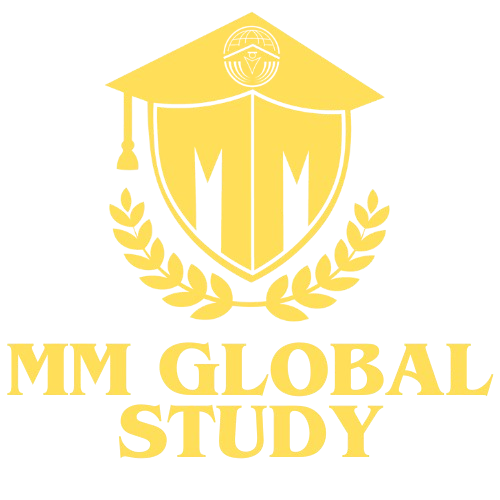Application Assets
When making use of an examination visa, you will need to provide various documents and assets as part of your utility. These belongings are critical in demonstrating your eligibility and economic functionality to study abroad. Here’s a listing of common application belongings you may want:
1. Proof of Acceptance
- Acceptance Letter: A reputable letter from the college or university confirming your admission to a complete examination program. This is one of the most important documents.
2. Financial Documents
- Bank Statements: Recent financial institution statements (typically masking three months) to show you have a sufficient budget to cover training and living charges.
- Proof of Scholarships or Grants: If you’ve acquired any scholarships or offers, include official documentation of the award.
- Sponsorship Letter: If a figure, guardian, or different sponsor is protecting your expenses, you’ll want a letter from them together with their economic documents (e.g., bank statements and income slips).
- Loan Approval Letter: If you’re the user of a study loan, encompass the approval letter from the financial institution or bank.
3. Educational Documents
- Transcripts and Certificates: Provide copies of your educational transcripts and certificates from previous schooling (e.g., excessive faculty diploma, undergraduate degree).
- English Proficiency Test Scores: Proof of language skillability, along with IELTS, TOEFL, or different assessments, depending on the country’s requirements.
4. Passport and Identification
- Valid Passport: A passport that is valid for at least six months past your planned life. Include copies of the picture page and any previous visas.
- Passport-Sized Photographs: Typically, you’ll want to submit recent passport-sized images in line with the particular country’s requirements.
5. Visa Application Form
- Completed Visa Application Form: Fill out the visa application form correctly. This can typically be carried out online or on paper, depending on the country.
6. Proof of Accommodation
- Housing Confirmation: Proof of wherein you may be staying at some stage in your research, which includes a dormitory booking, rental agreement, or letter from a host.
7. Health and Insurance Documents
- Medical Examination Report: Some nations require a medical examination document or vaccination information.
- Health Insurance: Proof of health insurance that covers you throughout your stay.
8. Statement of Purpose (SOP)
- SOP or Personal Statement: A written announcement explaining why you need to take a look at the particular use of and at the selected institution. This will additionally cover your study plans, career desires, and why you’re an amazing fit for the program.
9. Proof of Ties to Home Country
- Ties to Home Country: Documents that show your aim to return home after your studies, such as belongings ownership, a job provide, or a circle of relatives ties.
10. Additional Documents
- Police Clearance Certificate: A record proving you don’t have any criminal record, which may be required by using a few nations.
- Curriculum Vitae (CV) or Resume: A CV outlining your academic and professional historical past.
11. Application Fees
- Receipt of Payment: Proof that you have paid the visa application charge.
12. Letters of Recommendation (if required)
- Academic or professional references: Letters of recommendation from teachers, professors, or employers may be required, depending on the application.
13. Other Country-Specific Requirements
- Country-Specific Forms or Documents: Each country may additionally have specific requirements, so it’s important to test the precise documentation wished for your target goal.
Ensure that each file is translated into the language required by using the visa office, licensed, and smartly organized. Missing or incorrect files can delay the method or result in a visa denial, so it’s vital to prepare thoroughly.
